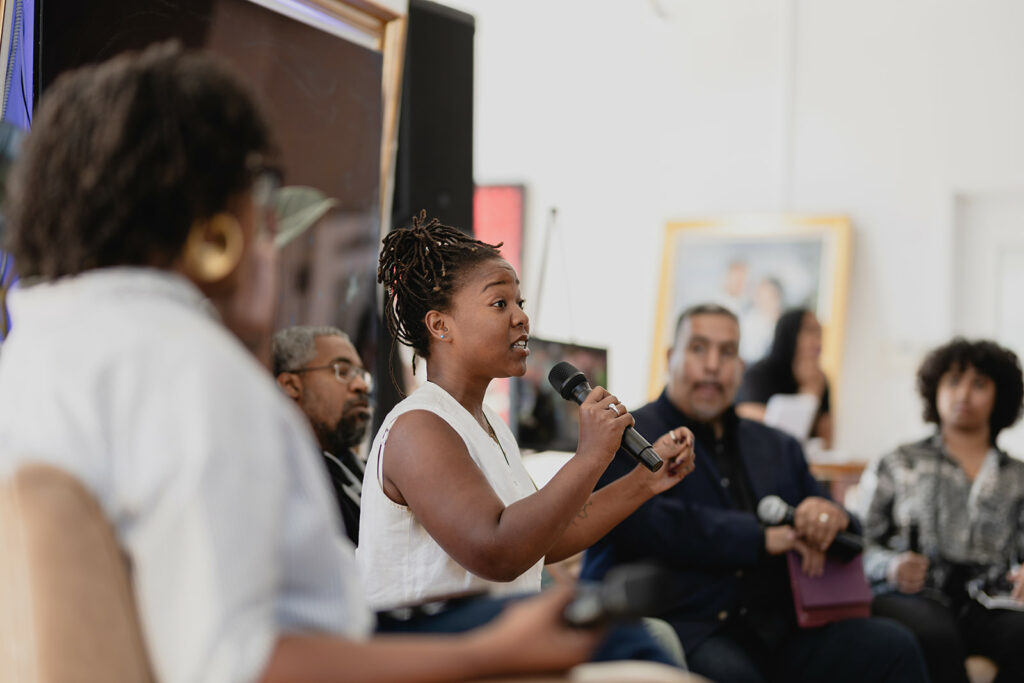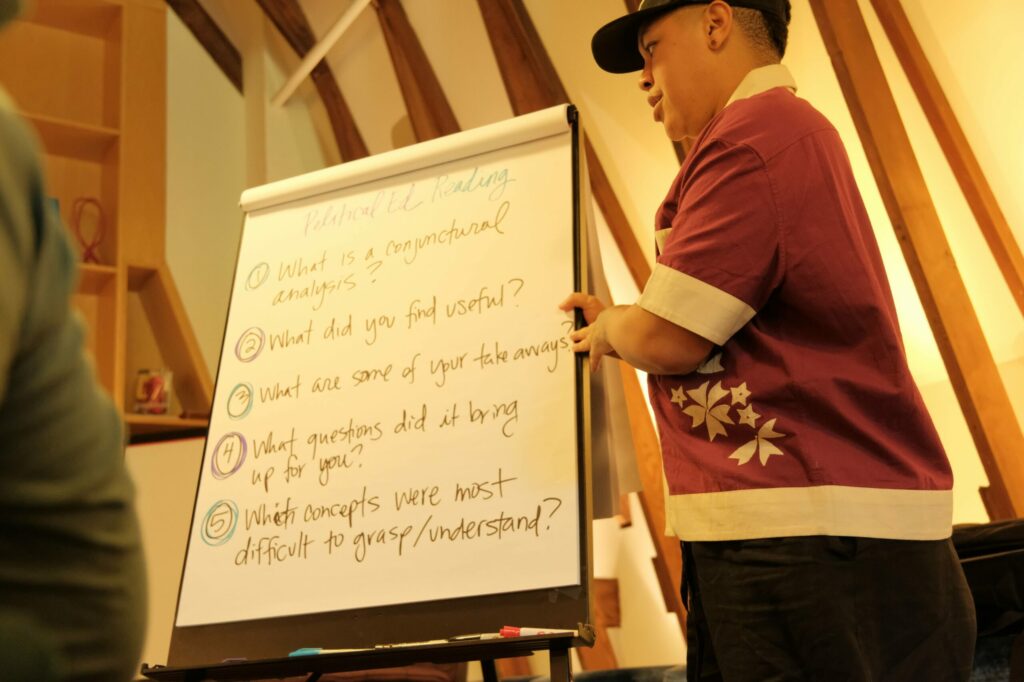What is the Electronic Monitoring Map?
Case Studies
Videos
Use the Map and List buttons above the map to toggle between a map and list view.
Use the filters below the map to find information specific to a category.
Icons in a state indicate that there are videos associated with that state.
There's currently no data for this state yet. If you have electronic monitoring stories and data for this state, please let us know by completing the map intake form at the top of the page



